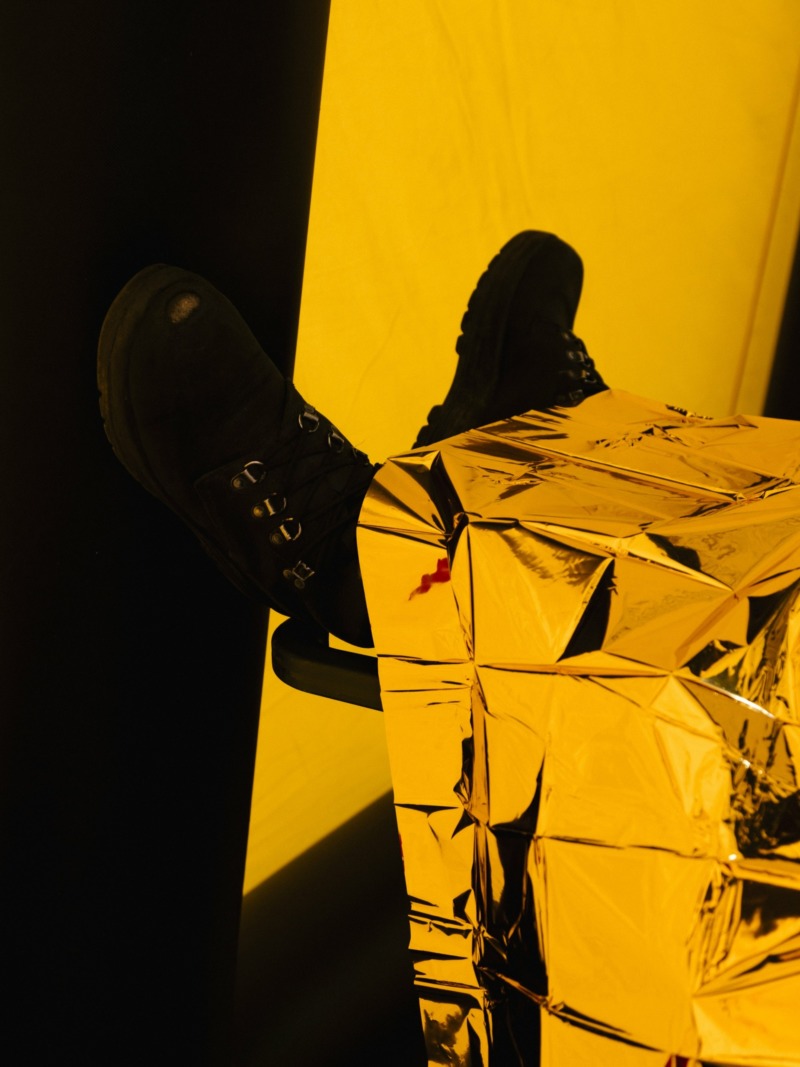15 Questions with… Salvatore Vitale

How are you at the moment?
I’m pretty fine. Somehow worried. Actually, my classical reply to this question is: tired.
What is your morning ritual?
My morning ritual isn’t the healthiest. I wake up more or less at 6:30. I have a coffee, rarely breakfast. Smoke a cigarette. Coffee again. Shower. I usually walk or bike to my studio where I’ll sit for the most part of the morning.
What, right now, can you see?
Literally, I’m sitting in front of my laptop – as you may guess – and I face a white wall with some notes on it and a window. On my laptop I see this document with the questions I’m replying. Behind it lies Mail and a tons of email waiting for a reply. My desktop has a dark grey background [#696969 or rgb(105,105,105) in case someone wants to try it out]. From time to time, I switch to another screen where a Zoom window is open. There I see Trevor Paglen talking with Katrina Sluis. Outside the window not so much is going on, but it’s lovely to see my plants slowly changing their colors.
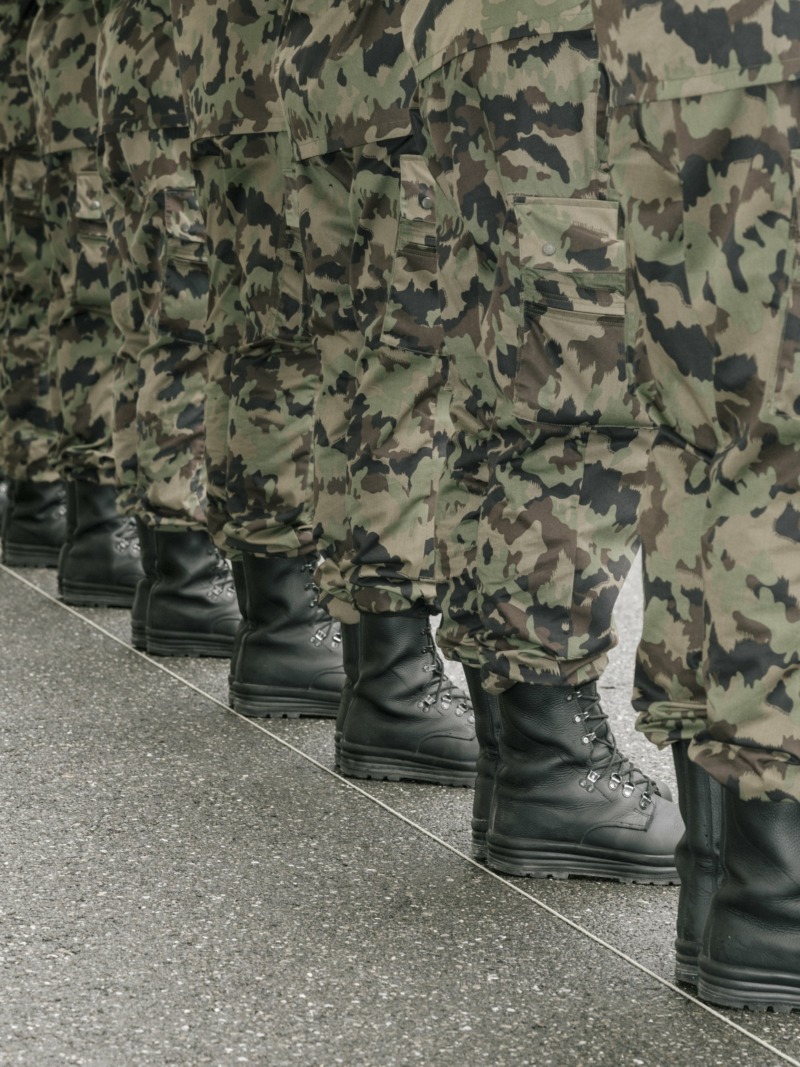
What artist, project, and books would you recommend we see/follow?
Among the many interesting artworks I’ve seen lately, I want to mention “Mind”, a project and installation by South Korean duo Shinseungback Kimyonghun. The installation “creates a space where the minds of people come together as a sea.” A camera records facial expressions of the visitors, while Ocean drums raise wave sounds based on the average emotions of the latest 100 faces. Immersed in a dark space, listening to the sound of the sea based on people emotions creates such a meditative environment.
However, if I’m allowed to, I’d also love to name some of the artists/works I really admire. Sarker Protick latest project “Ramsi/Ray” is an amazing example of how the digital can be approached through a deeply poetic perspective. A poetic which is proper of Aaron Schuman’s work. I recently had the pleasure to see a preview of his new series “Sonata”, I was totally blown away by its contrasts. To some extent, this work can definitely be read as a contemporary re-interpretation of 19th century Romanticism. “Some of you Killed Luisa” by Valeria Cherchi is one of the best examples of how a photo-text book should look like and how the juxtaposition of personal narratives and journalistic research can foster powerful ways of social engagement. I’m also keeping on following with a lot of interest the work of Eline Benjaminsen who, through her work, suggests forms of activism and reaction to neoliberalism means of production and labour. Francois Knoetze’s beautiful film series “Core Dump” explores the contribution of Africa to technological developments and “maps E-Waste through various stages of the global information technology production chain in order to subvert dominant digital imaginaries”. He makes a great use of fiction and performance to question technological biases and the decadence of modernity.
Indeed, I’m also a long-term fan of the work of Eva and Franco Mattes, Constant Dullaart, Hito Steyerl, Tayio Onorato and Nico Krebs, Antoniette De Jong and Robert Knoth to mention but a few.
Tell us about your process when starting a new project
I’m an analytical person, but at the same time I don’t follow a specific path. I would say the process is never linear when it’s about to start a new project. However, I can trace some patterns in the way I go from an embryonal idea to a concrete plan of action. I always start from research. Actually, research is an integral part of my artistic practice so I can’t really trace a clear-cut separation between research and production processes. When I get an idea I usually start to read in order to find references that can help me to contextualise my project in one – or more – specific field and construct a solid conceptual background which can support my hypothesis. My focus can range from academia and social sciences to visual politics, art history or popular culture. I’m curious and this often triggers an extended process that helps me to gain a certain level of expertise in relation to the topic I’m researching on. I always aim at creating a good research environment around me, trying to define who to collaborate with and how to add a relevant contribution to a specific topic.
During the initial phase of a project, I also like to explore several possibilities in terms of conceptual approach, possible outputs, narrative strategies and collaborative processes. Therefore, I give myself a lot of freedom to experiment, especially in terms of languages and media.
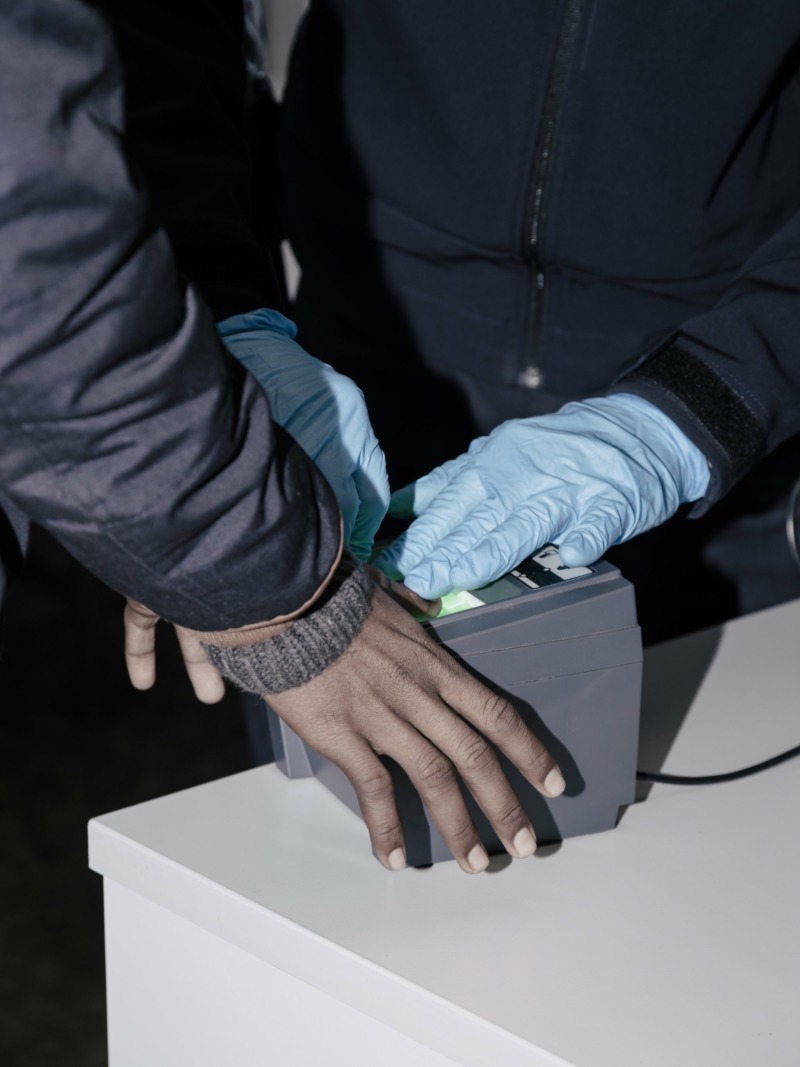
What has been your favourite collaboration?
I have had the fortune to collaborate with many different personalities, coming from different fields. This has certainly contributed to my professional and personal growth. Therefore, it is difficult for me to define which was my favorite collaboration, as each one brings something extremely different and specific. Some of them, then, result in long-lasting friendships. In this sense, I can mention the one with Nicolas Polli on YET magazine, a collaboration that definitely changed my career and personal life, or the one with Lars Willumeit on”How to Secure a Country” exhibition and book.
What is your greatest achievement?
The one I haven’t got yet. Jokes apart, might sounds obvious and probably quite romantic, but I believe that according to the social, political and economical situation we find ourselves in, being able to work on what you like, in the humanistic field, can be seen as an achievement.
What is your greatest regret?
I honestly cannot say. Not because I don’t have any regret, but because I simply believe that regretting means analyzing the past according to variables and circumstances different from those in place when a specific decision was made. There are many mistakes I made in the past, many things I would have done differently, words I would have spoken. To have regrets is human, to imagine different scenarios according to the decisions taken as well. But, at the end of the day, the path that leads us to where we are is made of such complexity that it’s unthinkable to have full control of it.
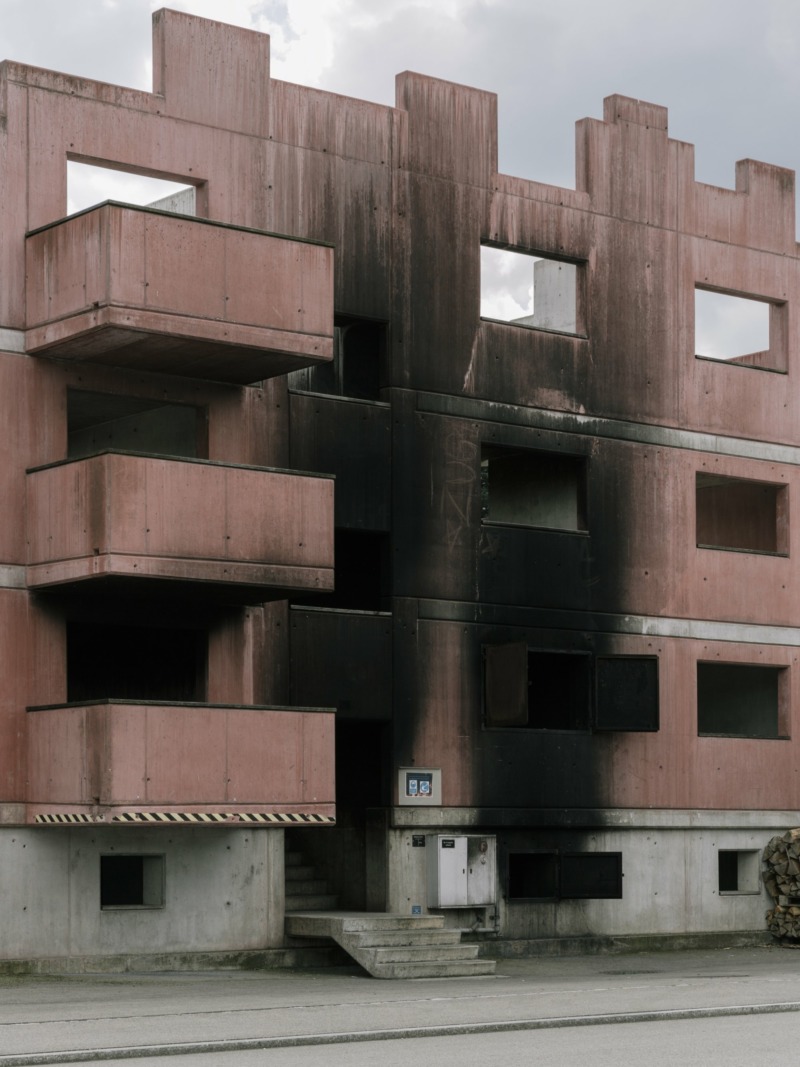
What advice would you give to your younger self?
It’s curious as some days ago one of my students was asking me to tell the class more about my personal development. It makes a huge difference to retrace your path while sharing it with someone. I must admit that it has given me a lot to think about. I am not sure if I am the right person to give advice to my younger self. I would probably give the wrong ones. Right now, I think, I would just tell him to take some things a little more lightly.
What is your latest project about?
My latest project is the result of a larger research which ended up to be an online intervention. I was working on the concept of invisible infrastructures, starting from a parallel research I made while working on “How to Secure a Country”. The work was meant to be an installation as a part of an exhibition at Les Rencontres d’Arles – which sadly was cancelled because of COVID-19.
As in many other regions globally, historically mountains have served as a first line of defence and fortification. And so it is the case with the Swiss Alps too, where the morphology of the landscape today serves as much as a touristic spectacle, as it does as a spectacle of deterrence. The stereotypical image of Switzerland as a ‘country of mountains’, therefore in a way merges both the marketing of tourism and the security-industries.
But there are of course things that lurk under the surface of both the earth’s crust and the mediated self- and third party ‘images’. The notion of the Swiss National Redoubt and its physical materialisations have created a multiple decade-long feedback loop of mutual intensification, that was only waiting to be commercially exploited as part of a public-private ‘partnership’.
Reflecting on the intersection between time, the act of seeing and invisibility, I developed a long take of the Swiss Alpine landscape, a slow and almost imperceptible passing of time, which shows, from the perspective of a machine, the elusive traces of the most impressive military infrastructure ever made in Switzerland. Therefore, “Retreat! Restless Landscape” presents photo-narrative which encloses an observation rather than a story, presenting a subtle, unedited, slow and speculative point of view able to foster further readings of a specific image deeply imbued of historical, social and cultural implications.
The project is still ongoing and visible at redoubt.salvatore-vitale.com. The website features the core of the project, a continuous stream of the most recent images captured from a webcam located in Grimsel, north-west from Grimsel Hospiz, Switzerland.
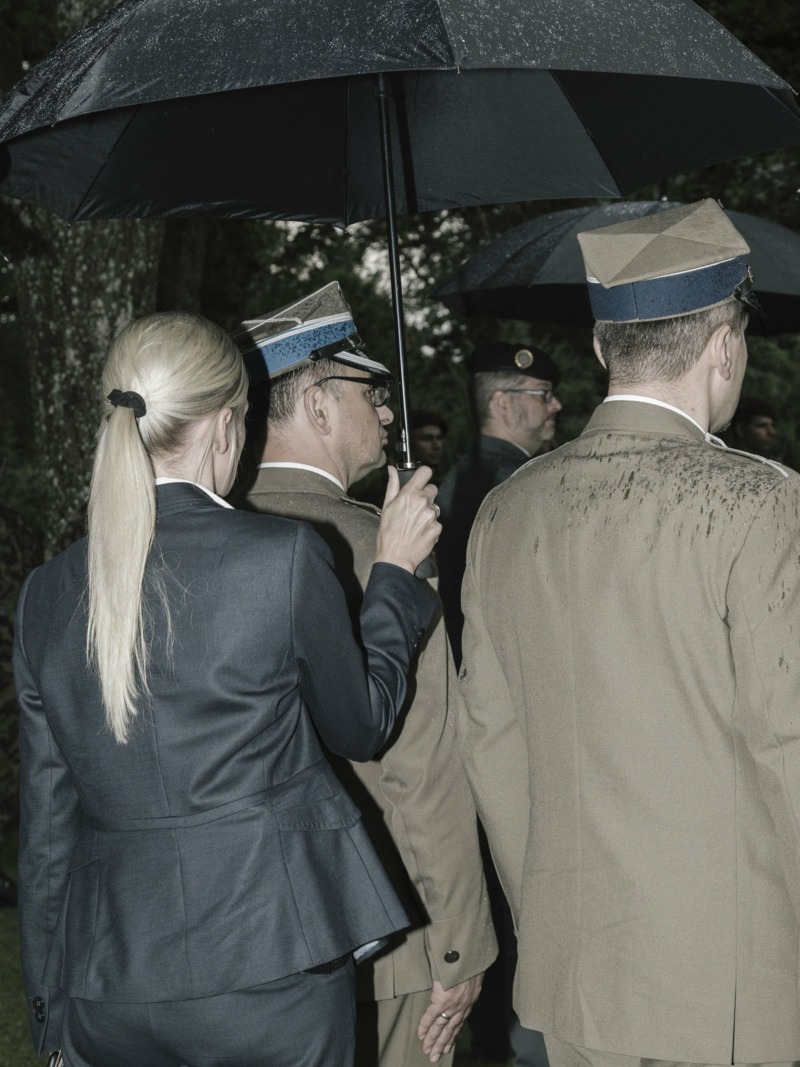
What are you researching at the moment?
Due to the growing importance of digital technologies in political and economic systems, technological and scientific discourse has gained top priority in social and political landscapes internationally. From an analytic perspective and following my long-term commitment to document invisible structures to study how the invisible is created, normalised and experienced, the core interest of my current research project is technological development and how it mediates processes that shape and construct modern societies. In this context, my interest points to the fruitfulness of paying closer attention to cosmological dimensions of technology. Starting from the study of what can be defined as technological propaganda and the global competition of technological acceleration, I touch upon different visions and promotion of alternative realities, presenting the implications of technology in concrete case studies.
What can you not work without?
There are several things I can’t work without, but to pick one I’d say some music playing in the background.
What challenges have you faced working in your industry?
Challenges are many and we all are aware of it. As many, I’ve been facing shortage of resources , access restrictions, lobbying. It’s hard to make a general discourse as every single aspect needs a broader reflection. I’ve found myself to be asked to work for free, to give away my work for free, to be ready to achieve some sort of visibility in exchange for my work. Same old stories. I think issues related to the value of labour are still among the most relevant in the creative industry. On the other hand and to be fair, I have to admit I live in a country which supports artistic production and cultural dissemination. This definitely helped me. But of course, it’s personal and definitely not enough.
What are you hoping for in 2021?
This question sounds like those New Year’s resolutions. Actually we all need some after this crazy 2020. I just hope we’ll be able to get rid of this new uncertainty. I also hope not to have to fear Donald Trump anymore. And yes, let’s be very honest, I hope I won’t get any more show cancelled.
Share a song with us, what are you listening to at the moment?
Since it is quite hard to pick one song, I’ll just share the last song I was listening before popping into Trevor Paglen’s online talk: Epikur by David August from Epikur EP.
